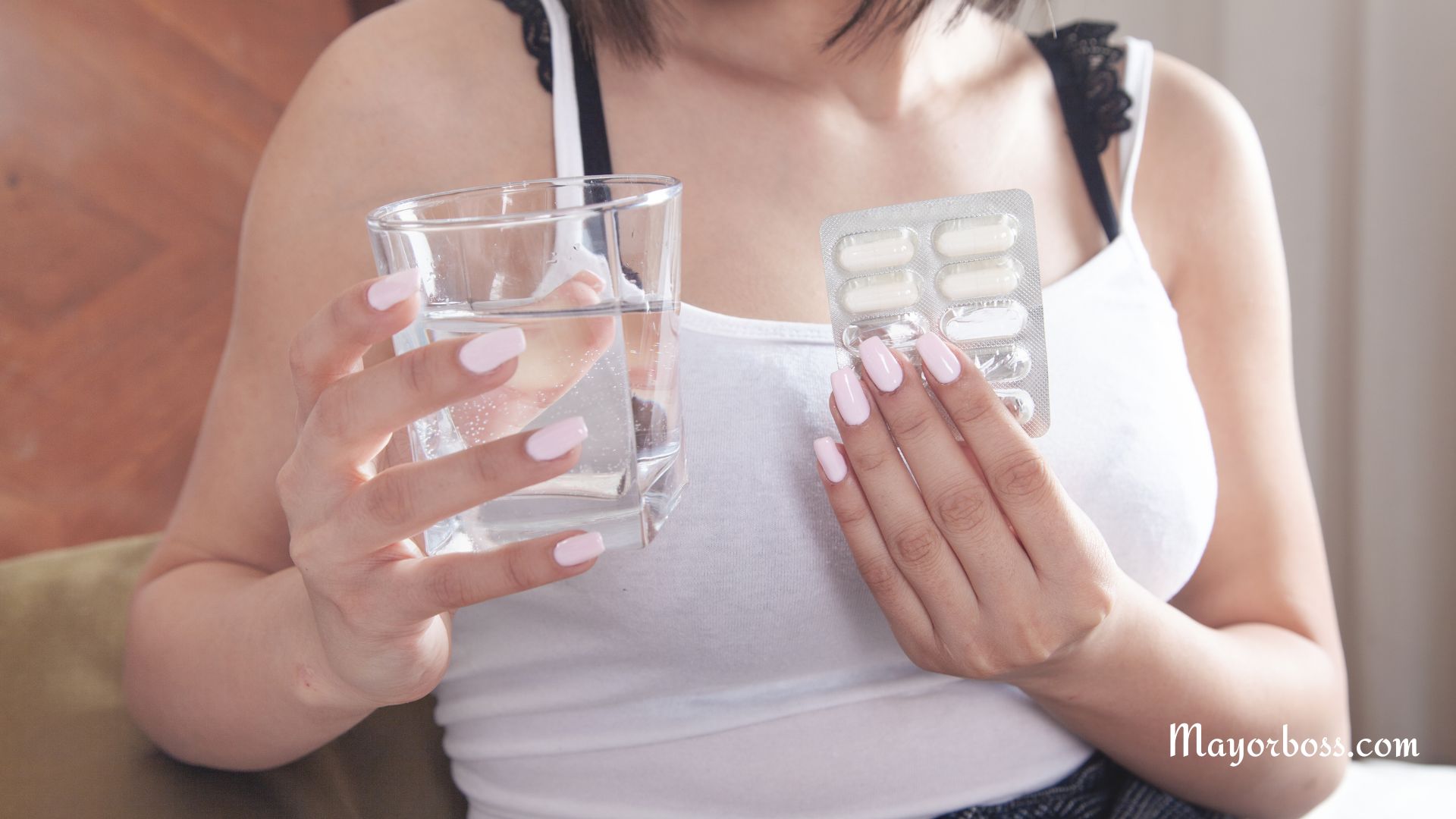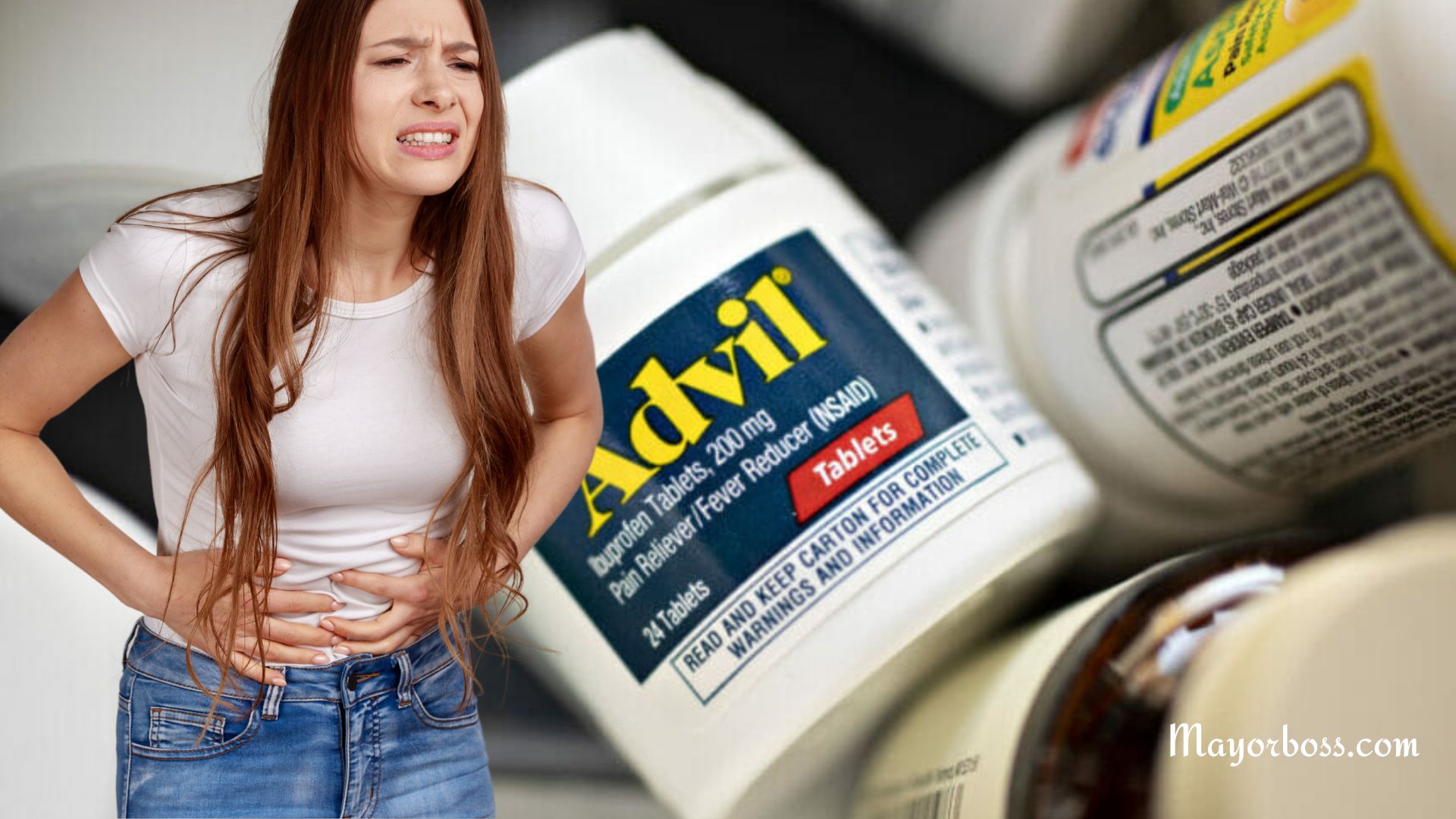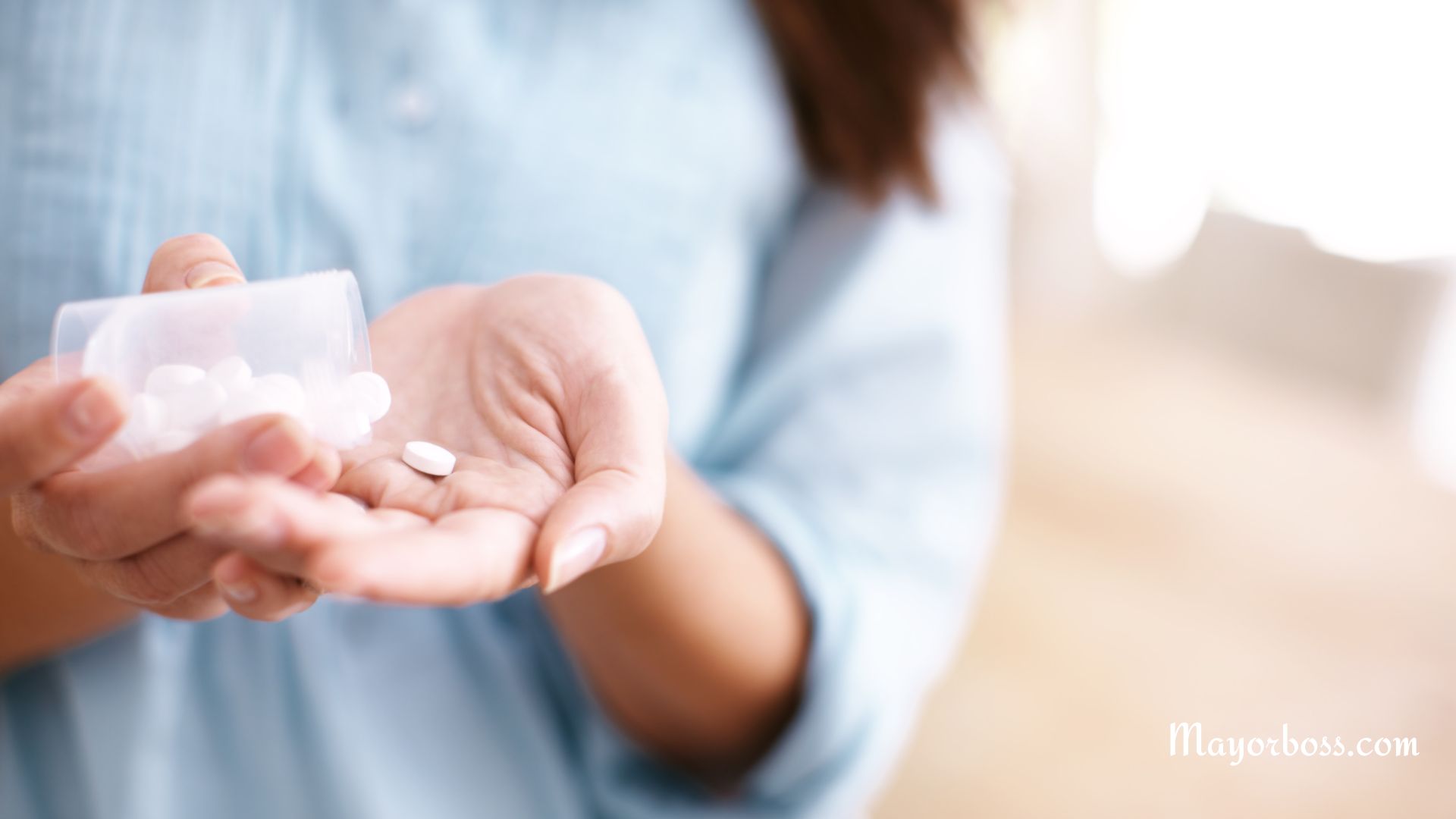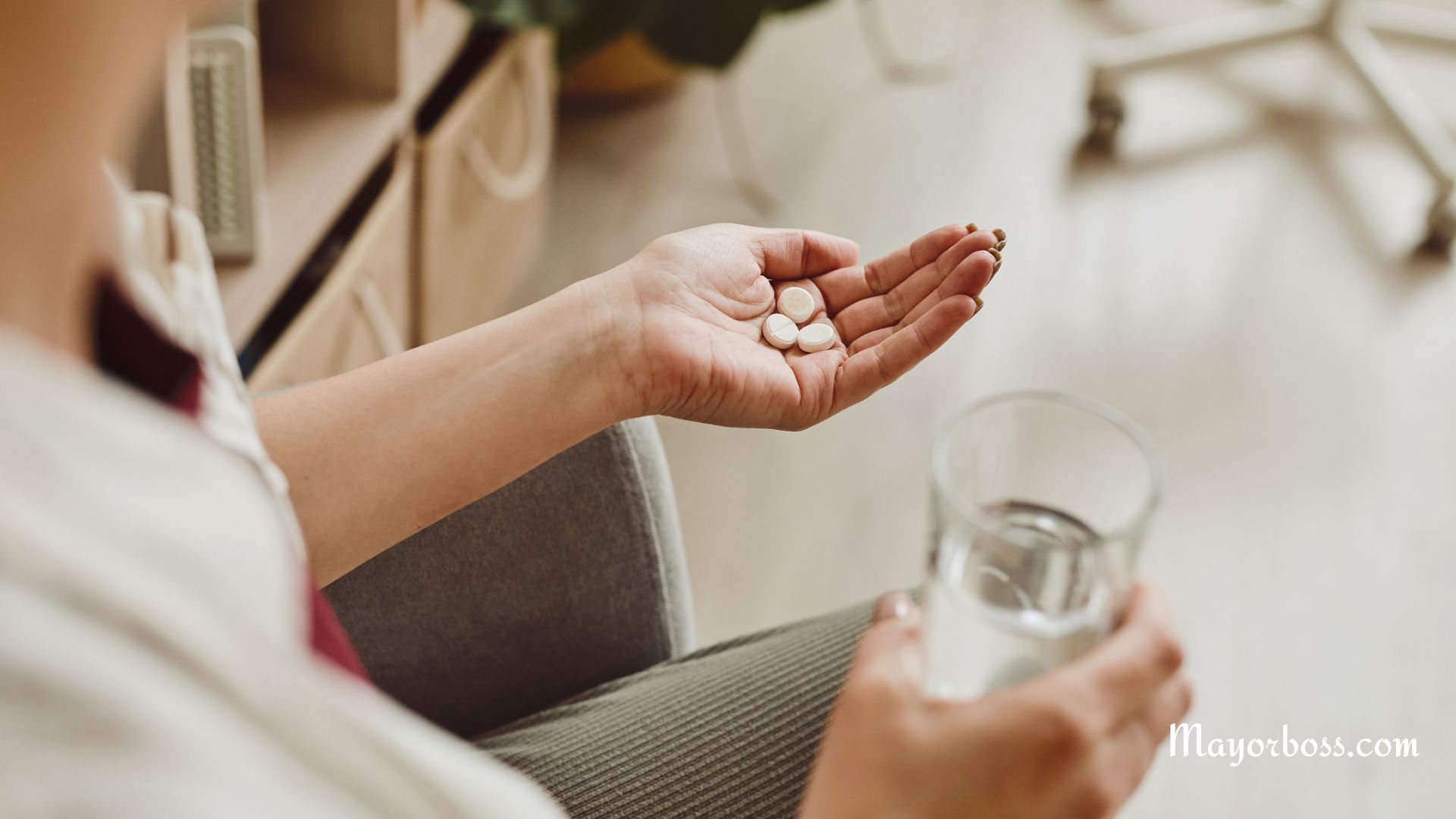Diuretics: What They Are and How They Work
Diuretics, popularly called water pills, are medications that help your body get rid of excess fluid and salt. They’re commonly used to treat conditions like high blood pressure and heart failure. However, they can also have side effects, such as dehydration and nutrient imbalances.
What Are Diuretics?
So, what exactly are diuretics? Simply put, they’re medicines that make you pee more. When you urinate more, you remove extra water and salt from your body. This action can be particularly useful for conditions like high blood pressure, where reducing the volume of blood can relieve pressure on your arteries.
Types of Diuretics
There are mainly three types:
- Thiazide Diuretics: Often the first choice for high blood pressure and fluid buildup. Examples include hydrochlorothiazide and chlorthalidone.
- Loop Diuretics: Stronger than thiazide diuretics, they’re often used in emergencies. Furosemide is a popular example.
- Potassium-Sparing Diuretics: As the name suggests, these don’t deplete potassium. Examples are spironolactone and amiloride.
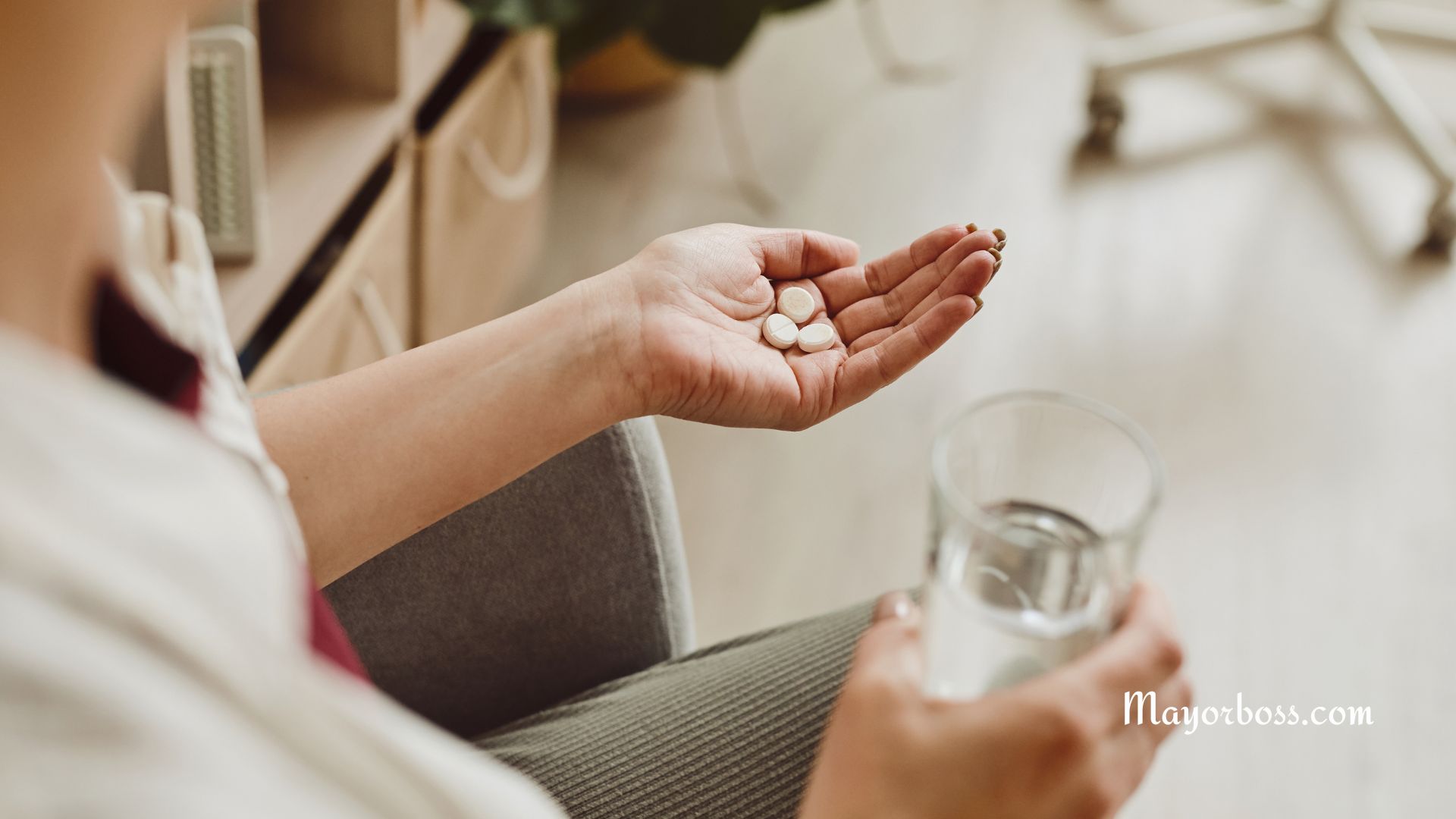
Why Would You Use Them?
People take diuretics for various reasons. You might use them if you have:
- High Blood Pressure: They help lower blood pressure by reducing the volume of blood.
- Heart Failure: They relieve symptoms like swelling and shortness of breath.
- Kidney Issues: In cases of kidney disease, diuretics help remove excess fluid.
- Liver Cirrhosis: They can reduce fluid retention in the abdomen, a condition known as ascites.
How Do They Work?
Once you take a diuretic, it travels to your kidneys. From there, it starts working on tiny units called nephrons that filter your blood. In essence, it blocks the reabsorption of salt, which pulls more water into your urine. Consequently, you end up urinating more.
Potential Side Effects
Now, while diuretics can be incredibly helpful, they come with some baggage. Here are some of the side effects you might experience:
- Dehydration: Since you’re urinating more, you might lose too much water.
- Electrolyte Imbalance: Potassium, sodium, and other minerals could get out of whack.
- Frequent Urination: This can be inconvenient and disrupt your day-to-day life.
- Dizziness or Light-headedness: Especially when standing up quickly.
Managing Side Effects
If you experience side effects, don’t panic. Usually, your doctor can help you manage them. For instance, if you’re worried about losing too much potassium, your doctor might switch you to a potassium-sparing diuretic. Similarly, staying hydrated can often counteract the risks of dehydration.
Drug Interactions
It’s also crucial to discuss all medications and supplements you’re taking with your healthcare provider. Diuretics can interact with a variety of other medicines, such as blood pressure medications, certain antibiotics, and even some pain relievers.
Precautions and Monitoring
Before you start taking diuretics, your healthcare provider will likely perform some tests to check your kidney function and electrolyte levels. During treatment, periodic check-ups are necessary to monitor these parameters and adjust the medication as needed.
Classes of Diuretics: A Quick Overview
Here’s a table to help you get a grasp on the different classes of diuretics, their common examples, primary uses, and potential side effects:
| Class of Diuretics | Common Examples | Primary Uses | Potential Side Effects |
|---|---|---|---|
| Thiazide | Hydrochlorothiazide, Chlorthalidone, Indapamide | High blood pressure, Edema | Electrolyte imbalances, Dehydration |
| Loop | Furosemide, Bumetanide, Torsemide | Emergency fluid removal, Heart failure | Electrolyte imbalances, Hearing loss |
| Potassium-Sparing | Spironolactone, Amiloride, Triamterene | Hyperaldosteronism, Heart failure | Hyperkalemia, Fatigue |
| Carbonic Anhydrase Inhibitors | Acetazolamide, Methazolamide | Glaucoma, Altitude sickness | Fatigue, Tingling in extremities |
| Osmotic | Mannitol, Glycerol | Acute kidney injury, Cerebral edema | Dehydration, Electrolyte imbalances |
Frequently Asked Questions
What Are the Different Types of Diuretics and How Do They Differ?
There are primarily three types of diuretics: Thiazide, Loop, and Potassium-Sparing. Thiazide diuretics, like hydrochlorothiazide, are often the go-to for treating high blood pressure and are generally milder. Loop diuretics are more potent and are commonly used in emergency situations; furosemide is a well-known example. Potassium-sparing diuretics, such as spironolactone, have the added benefit of not depleting your body’s potassium levels.
How Long Do Diuretics Take to Start Working?
The time it takes for a diuretic to start working can vary depending on the type and your body’s response. Generally, you may start to feel the effects within a few hours. Loop diuretics act quickly, and their effects can be felt in about 30 minutes to an hour. Thiazide diuretics might take a bit longer, often starting to work within one to two hours.
What Should I Do if I Miss a Dose?
If you miss a dose, take it as soon as you realize you’ve forgotten. However, if it’s almost time for your next dose, skip the missed one and continue with your regular schedule. Never double up on doses to make up for a missed one. If you’re unsure, it’s best to consult with your healthcare provider for advice.
Can Diuretics Interact With Other Medications I’m Taking?
Absolutely, diuretics can interact with a range of other medicines. This is why it’s vital to tell your healthcare provider about all the medications and supplements you’re currently taking. Interactions can occur with blood pressure medications, some antibiotics, and even over-the-counter pain relievers. Your doctor can adjust your medications or monitor you more closely to prevent interactions.
Are There Any Foods or Drinks I Should Avoid While Taking Diuretics?
While on diuretics, it’s wise to limit your intake of foods and drinks that are high in sodium, as they can counteract the medication’s effects. Additionally, some diuretics may interact with alcohol, caffeine, and even certain herbal supplements. Always consult your healthcare provider for a comprehensive list of foods and beverages you should avoid to make the most of your treatment.

